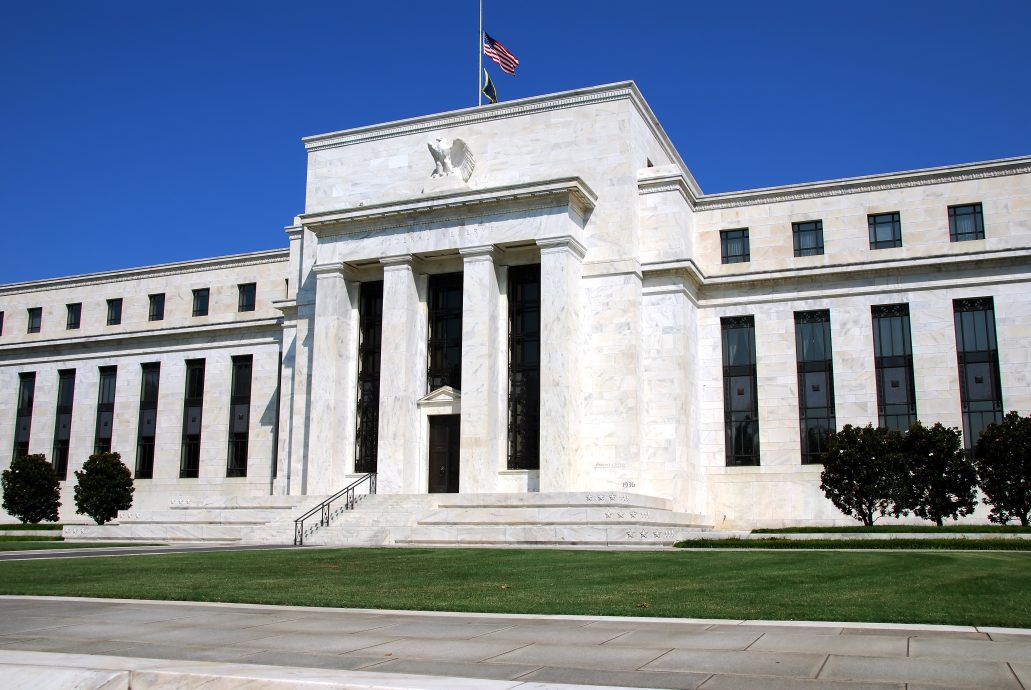Bitcoin's market power will grow as it is traded in futures markets.
Worries about an Increasingly Partisan Fed
As central banks go, the Federal Reserve is one of the best. Much academic literature suggests that one of the reasons for its relative success is its relative political independence and freedom from partisanship. Central banks that are partisan or politicized are likely to engineer booms to elect the candidates of their party even if those booms have unfortunate long run effects on the nation. The classic case is a bank that pursues a loose money policy in the run up to the election to create a false sense of prosperity or to enable the party in power to finance boondoggles to attract support.
But there is reason to fear that the Fed will become more partisan and thus more prone to monetary manipulation. First, one should not overstate the effective legal independence of the Federal Reserve from a current administration. While Governors of the Board do have 14 year staggered terms, the practice of early resignation tempers its independence. Since the Act was revised in 1935, the average term of governors is just under seven years—less than half the prescribed statutory term. The short terms are hardly surprising given the lucrative outside options available on leaving the job. But regular resignations have permitted Presidents to appoint governors of their own choosing and generally of their own party at a rate far greater than the Act originally envisioned. Because of resignations, Donald Trump is likely to be able to fill six of the seven positions by the end of his first year in office!
The general political climate and restraint of political actors in the United States with regard to monetary policy is thus more important to preserving Fed independence than these statutory restrictions. The more citizens, including both the politicians who appoint Fed officials and those officials themselves, are able to put aside partisanship, the less likely these officials are likely to manipulate the money supply consciously or unconsciously. But sadly our politics seemingly becomes more and more tribal. It is likely that the tradition of a President of one party retaining the Chairman of the Fed for another four year term as Chairman is about to disappear.
And after the passage of Dodd-Frank, the Fed has more substantial regulatory responsibilities. Because regulatory intervention is a question that historically divides along party lines more than monetary policy, these new responsibilities are a new structural factor that is likely to lead to more partisan appointments.
One might think that as a relative enthusiast for Bitcoin I would welcome this development, because the worse the Fed behaves the more attractive cryptocurrency becomes. But actually I think that a financial crash in the near future would likely give the government an excuse to try to crush Bitcoin. The Depression gave the government cover to make Gold Clauses in contracts illegal, thus making it harder for citizens to conduct their business outside of fiat currency. As Kyle Roche and I have suggested, Bitcoin is harder to stamp out, but I would prefer it gain more users before the most powerful government in the world makes a concerted effort at destroying it.



